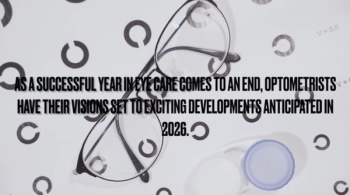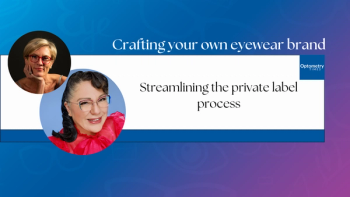
FDA advisory panel says benefits of Kamra inlay outweigh risks
The U.S. Food and Drug Administration (FDA) Ophthalmic Devices Advisory Panel recently determined that the benefits of AcuFocus’ Kamra inlay outweigh the risks for presbyopic patients.
Irvine, CA-The U.S. Food and Drug Administration (FDA) Ophthalmic Devices Advisory Panel recently determined that the benefits of
The panel reviewed clinical data on 508 patients who received the inlay monocularly during the U.S. Investigational Device Exemption (IDE) clinical trial. Several Kamra patients and ophthalmologists also spoke to the panel about their experience with the inlay. Out of eight panelists,
The FDA will take the panel’s decision into consideration as a part of its own determination of the benefit-risk of the Pre-Market Approval (PMA) for Kamra.
The Kamra inlay is implanted into a patient’s non-dominant eye and uses the principle of small-aperture optics to improve near vision with minimal change in distance vision.
Kamra has launched in 33 of the 50 countries in which it is already approved. More than 20,000 inlays have been implanted outside of the U.S., and 362 of those have been removed, most due to vision complaints.
Next:
Newsletter
Want more insights like this? Subscribe to Optometry Times and get clinical pearls and practice tips delivered straight to your inbox.













































.png)


